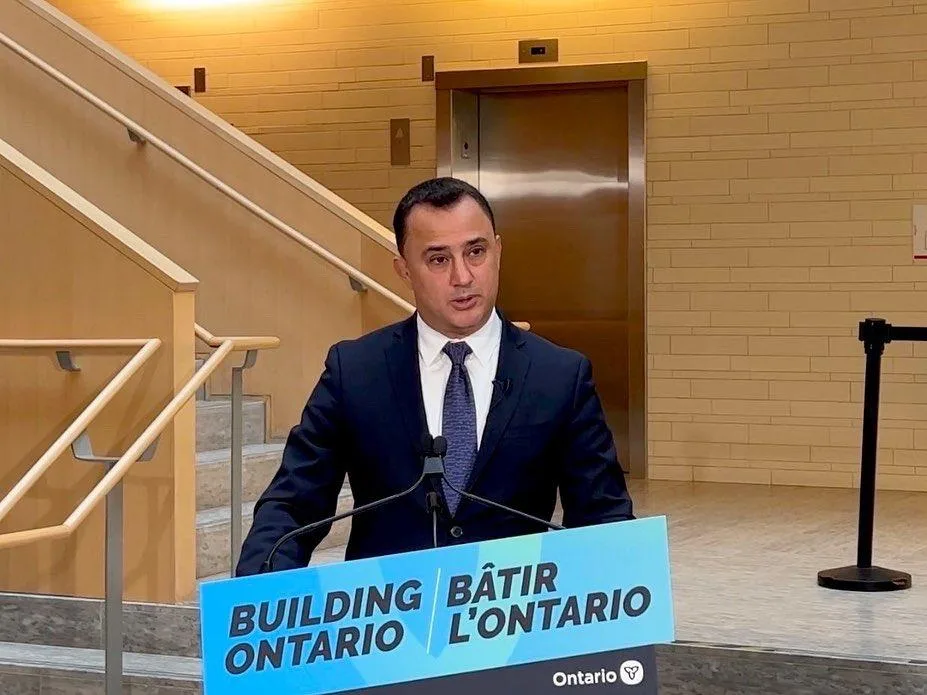Dunnville — The Ontario government is providing more than $1.7 million through the Social Services Relief Fund to help create nine affordable housing units in Dunnville that will support people with mental health and addiction challenges.
Located on Elizabeth Crescent East, the True Experience Project includes three, one-and-half story, detached homes. Each home has three private bedrooms and a shared living room, kitchen and bathroom. All the homes also have driveways, fenced back yards and shared laundry. The basements for each property will be renovated to include a common room for recreation that will include a bathroom and kitchenette.
“Our government’s policies have delivered historic results in getting more homes built faster to create community and supportive housing,” said Associate Minister Michael Parsa. “We are also continuing to work to expand access to mental health and addiction support for people experiencing or at-risk of homelessness. Community and supportive housing is a critical component of our commitment to build 1.5 million new homes by 2031, which will ensure that all Ontarians, especially our most vulnerable, have a home that meets their needs and budget.”
As highlighted in Ontario’s Action Plan: Protecting People’s Health and Our Economy, today’s announcement is part of the province’s Social Services Relief Fund, which has provided over $1.2 billion of support throughout the COVID-19 pandemic, to help municipal service managers and Indigenous program administrators create longer-term housing solutions and help vulnerable Ontarians, including those who are homeless or at-risk of homelessness.
The Ontario government is also investing an additional $25 million annually in our new Homelessness Prevention Program. The new program simplifies and streamlines operations so municipal service managers can spend less time on paperwork and more time working with their clients to help find housing and other supports and help those at-risk of homelessness stay in their homes. The additional funding brings Ontario’s total yearly investment in the program to close to $464 million.








